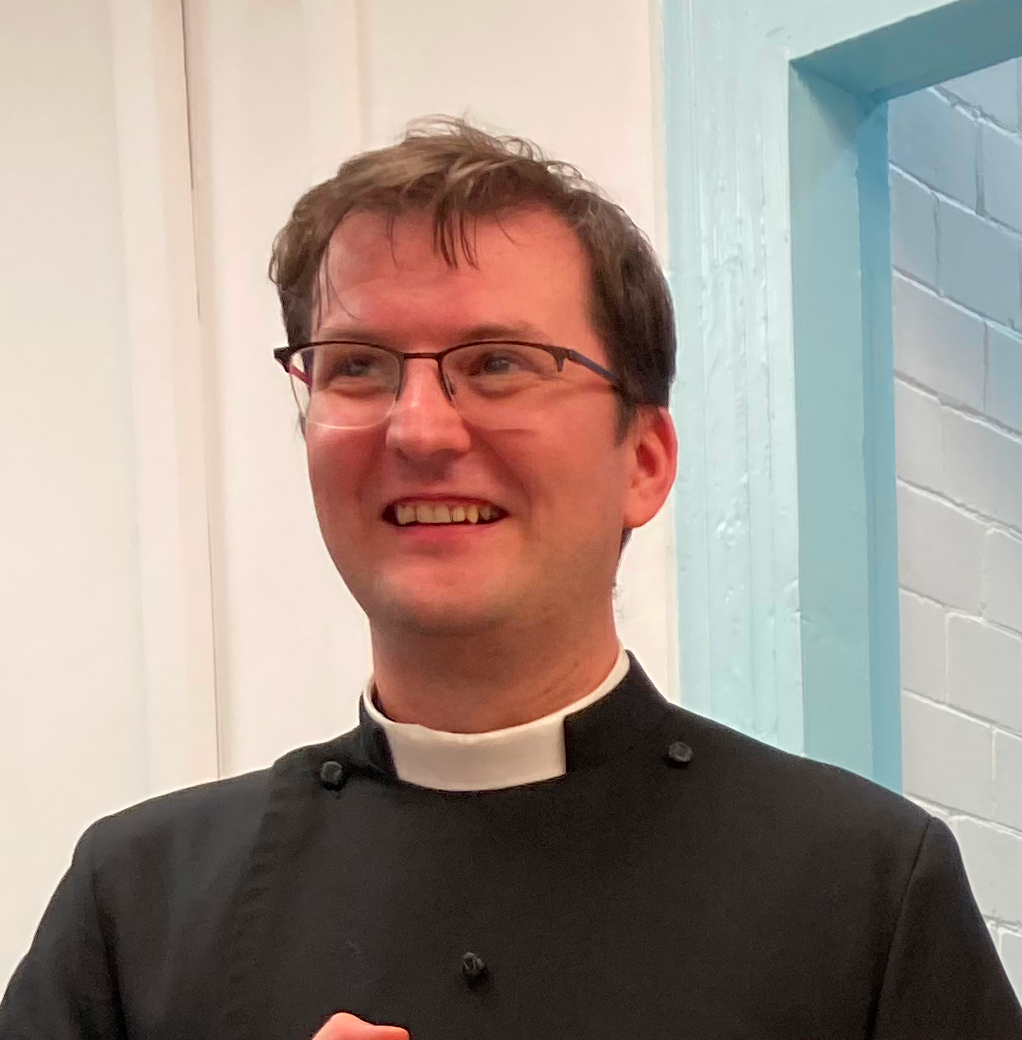|
Did you know that the average life span of a WWI soldier in service was 42 days?
You will know that this month at the 11th hour on the 11th day of this the 11th month, Armistice Day that also falls this year on Remembrance Sunday, marks the Centenary of the end of the First World War. In Hope and Penyffordd, not least with the assistance of Dave Healey’s research project that led to his booklet, Hope Parish Remembers (pictured), for the past four years now we have been hearing, reading and sharing stories of WWI soldiers from the Hope, Caergwrle, Abermorddu, Cefn-Y-Bedd, Penyffordd & Penymynydd communities that made up the Parish of Hope. There are some heroic and fascinating stories told in Dave Healey’s booklet. One grave in Hope Cemetery, dedicated on 4th August 2014 by our Reader Pam Attree, was that of Harry Wilcock, of the Reliance Garage Penyffordd, who died in 1962 aged 67. Buried with his wife Emily, his grave inscription now reads, “Harry Wilcock, WW1-SGT in the Army, survived a bullet through his body and one that ricocheted off his head” (Hope Parish Remembers, 2014, p.46). Another story – Private George Leslie Edwards, received a letter in the trenches from his sister Ethel. Leslie took his letter off to a quieter part of the trench to read it. Having read his letter, he came back to discover all his comrades now dead; having received a direct hit from a shell. He thought himself lucky and from then on always referred to his sister Ethel as his ‘lucky charm’. He survived the war (p.42). Here are two stories from my own family. Firstly, from my mother’s side. My mother’s mother’s name or my grandmother’s name before she married was Seddon. But her father (so one of my great-grandfathers) changed his name to Seddon from Schneider. He was German. (Possibly with roots as a German Jew because Schneider means Tailor – though likely not practising as I’m told they were pork butchers!). Although German, in WWII he fought for Britain. This still however has me ask the question: Who did his father, my great-great-grandfather fight for in WWI? It’s likely today now 100 years on, some of us have family ties on both sides of the trenches. Now a story from my dad’s side of the family. My dad’s mother’s father, another of my great-grandfathers, who had the surname Pallant, in the Great War was shot between the lines and presumed dead. Two or three days later however a soldier going out to collect his body from between the lines discovered my great-grandfather to be alive. My great-grandfather went to war with no children. It’s sobering to think that had that soldier not rescued my great-grandfather, that my dad nor his sisters, my cousins, my brothers nor I or my own children would be here today. Furthermore I do not know how safe it was for that soldier to rescue my great-grandfather: It’s possible it was a ceasefire. It’s possible too that this soldier risked his life for the sake of another. A reading that we often hear at Remembrance are Jesus’ words from John’s gospel, “Greater Love has no one than this: to lay down one’s life for one’s friends” (Jn 15:13). I am not sure there exist better words to bring hope, comfort and strength to a soldier who would not likely live longer than 42 days in the trenches. Jesus here is speaking of the greatest way that we can love one another but also He is speaking of His own death that he would go on to die. During the war, chaplains gave soldiers copies of John’s gospel (pictured). I wonder, because of these words, how many in the trenches were able to find hope and trust in Jesus Christ during their darkest hours of life? Christians believe that Jesus died on the cross for every WWI soldier; but also for everyone of us here today too. That regardless of which side of the trench a soldier was on and regardless of how ‘good’ we each are today – if we compare ourselves to Jesus then we are all ‘sinners’. The good news is that everyone then and everyone today has access to this same ‘Saviour’ who can forgive us our sins, strengthen us in times of hardship and great need and give us hope and confidence for both life after war and life after death. Christians believe that Jesus died in our place and that He rose again to show us that we can all know a life after death that is worth living. A question for each of us – do we know this life for ourselves today? The death of Christ, just as the death of so many in the Great War, is very sobering, but here also is a death that has the potential to transform our own lives, not just for now, but for eternity too. In Christ, Adam “Greater love has no one than this: to lay down one’s life for his friends.” Jn 15:13
0 Comments
Your comment will be posted after it is approved.
Leave a Reply. |
AuthorFr. Paul Wheeler Archives
May 2024
Categories |

 RSS Feed
RSS Feed